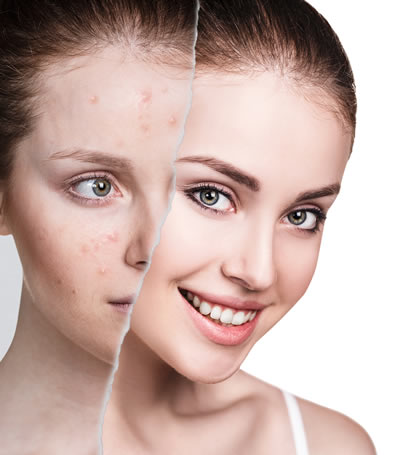
Common Questions About Accutane
Chances are you’ve been told to start using Accutane for the treatment of your acne and you became skeptical about its abilities. Accutane is a drug renowned for its effectiveness in treating all four major acne-causing factors. Most users prefer Accutane because of its ability to decreases the naturally occurring P. acnes bacteria on the skin, reduce skin oil production and improves cell turnover inside pores.
This article provides answers to a couple of common questions about Accutane. Before getting into the frequently asked questions, make sure you have an experienced skincare professional that you can depend on for your skincare needs. Having a service professional by your side will safeguard your skin health while undergoing any form of skin therapy.
Experts at Harley Institute will be happy to consult with you, listen to your needs and come up with a treatment plan that will suit your needs and skin type. Get in touch with experienced and professional skincare specialists at Harley Institute today for acne treatment in Atlanta. Â
Read on for answers to the frequently asked questions about Accutane.
What is Accutane?
Accutane is a vitamin A derivative, oral drug used for the treatment of severe acne. It’s often considered a permanent cure for acne that’s unresponsive to other alternative therapies such as antibiotics and retinoids.
Though the name – Accutane – is widely used, it’s also referred to as Isotretinoin. Other brands of Isotretinoin include Myorisan, Zenatane, and Absorica.Â
Is Accutane Effective?
The causes of acne are oily skin, clogged pores in the skin, excess Propionibacterium acnes bacteria on the skin, and inflammation. Accutane is the most sort after acne medication as it offers prolonged and sometimes, permanent cure.
Will Accutane Work for me?
According to experts, about 75% of patients who complete a cumulative dose of Isotretinoin were cured permanently. Usually, a patient will have to take a pill every day for a course of four to five months to see considerable improvement.
The duration of Accutane administration may depend on the patient’s weight and how well the side effects of the drug are tolerated. After completing a treatment course, acne may be permanently cured. If acne resurfaces, your dermatologist or health care specialist may prescribe another course of treatment.Â
Does Accutane have side effects?
Common side effects of Accutane include dry skin and lips, skin rashes and extra sensitivity to the sun, red or itchy eyes, nosebleeds, and mood changes.
However, these effects can be minimized or avoided when you work with an experienced dermatologist or health care professional administering Accutane. Before taking Isotretinoin, discuss the risks and side effects with your doctor so you can make an informed decision.
Can Accutane Cause Birth defects?
Yes, Accutane can lead to permanent birth defects. For this reason, Accutane should not be taken before, during, or after pregnancy. Women planning on becoming pregnant soon should also stay away from Accutane.
The Bottom Line
Like any other medication, Accutane has its side effects. To determine if you’re a perfect candidate for Accutane, talk to a qualified health care professional.
Professionals at Harley Institute are always ready to put their expertise and experience into work for you. Depending on your needs, skin type, and medical records, our experienced professionals will determine if you are a good fit for Accutane medication. Contact us today to learn more about our wide variety of skincare solutions or schedule an appointment with one of our professionals at your convenience.

